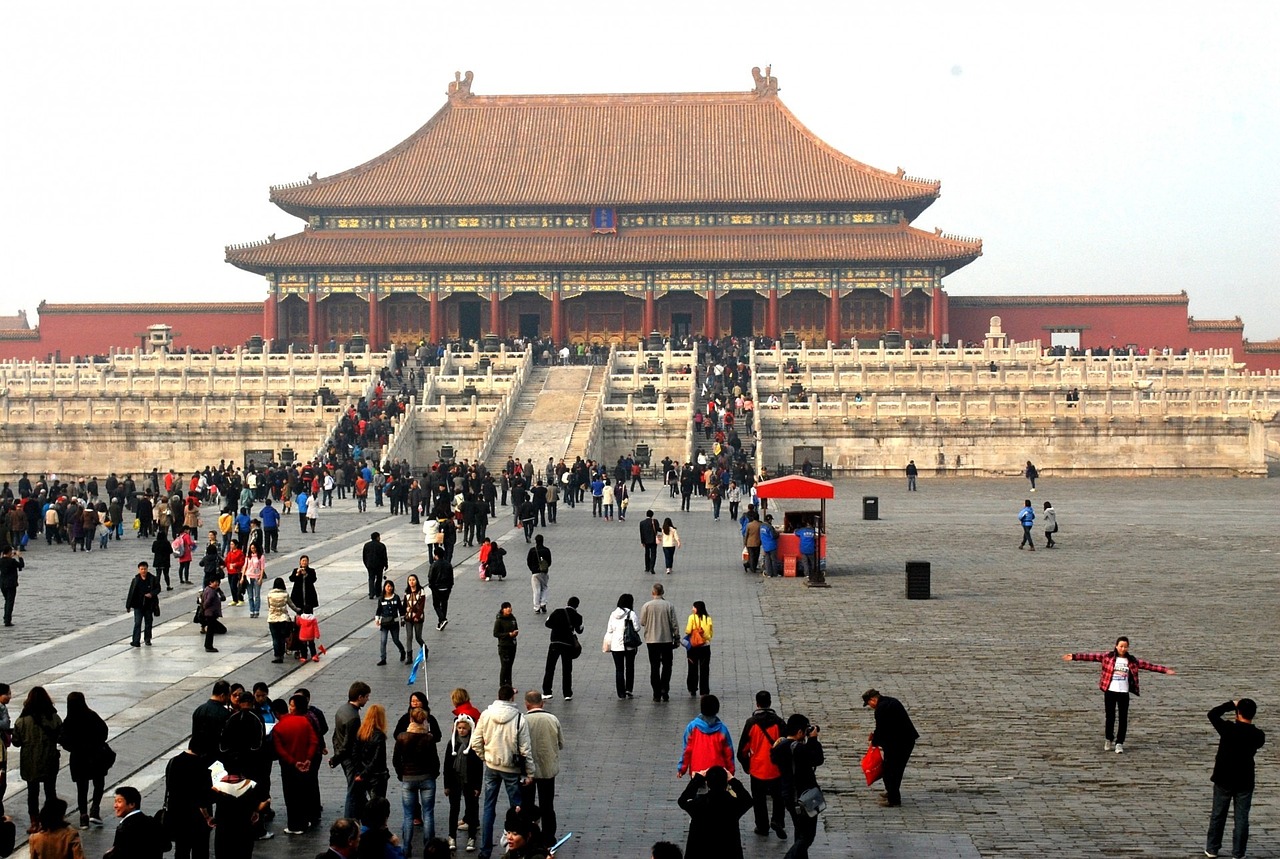International Removals to Beijing with The Moving Partnership

Beijing was known as Peking until relatively recently – but whatever its name is, it is still the capital of China and one of the largest cities in the world, with a population of more than 20million people.
Many thousands of these are British and European expats. Most have moved to China for work or study reasons, although there is also the attraction of experiencing a very different culture. Here The Moving Partnership, who can offer high-quality international removals to Beijing, take a look at one of the fastest-growing cities in the world.
The History and Heritage
The city lies in northern China and the first human settlement on the site of the current city was more than 3,000 years ago. It’s been under the control of various dynasties over the years, including the Mongols; and it is split into a number of different districts, some of which are quite rural, as Beijing is a province as well as a city.
Dongcheng and Xicheng are the most important districts; they cover the eastern and western parts of the city centre. Other districts include Chaoyang, which is where many of the expats are concentrated, plus Haidan and Fengtai.
In more recent years, the Beijing Central Business District has sprung up, with many international brands having a presence there. The city is now one of the major worldwide centres for finance, tourism, education and research, and is home not just to major State-owned Chinese firms but also some of the biggest and richest multi-national corporations
Do You Need to Speak Chinese in Beijing?
If you are thinking of moving to Beijing, you should speak at least a modicum of Mandarin Chinese to get by. Admittedly there are growing numbers of expats, notably British ones, so you should find a community which speaks your own language; and younger people are more likely to have a better grasp of English than the older generation.
However, you shouldn’t rely on people being able to speak English – particularly in the non-touristy areas, and the smaller shops. Pronunciation is as important as vocabulary, as similar words can have distinctly different meanings. Beijing’s name is a case in point; the city used to be known as Peking until the Chinese Government decided to standardise the pronunciation of the name in the 1980s, after which more and more countries decided to adopt the name Beijing.
Getting There and Getting Around
Beijing Capital International Airport (PEK in the international airport alphabet) is the main way of getting to the city; it’s 16 miles to the north-east of the city centre and is the second busiest airport in the world by passenger numbers (only Atlanta in the US is busier). There are other airports too, notably Beijing Daxing International Airport, a more modern complex. Both airports have express trains which connect to the underground network.
The underground or subway network is perhaps the easiest way of getting around Beijing – there are 27 lines covering all parts of the city and the suburbs. It’s thought to be the busiest and longest in the world.
There are plenty of mainline or overground trains too – the main stations are helpfully called Beijing North, East, South and West stations. There are lots of buses as well – but bear in mind the staff speak little English, if you have a problem with your ticket or your destination. And although most Beijing natives are now discovering the delights of the car, there are still plenty of bike lanes.
The Main Attractions
Beijing has seven UNESCO World Heritage sites – the most famous of these are the Great Wall of China, part of which runs through the city, and the Forbidden City, a network of imperial palaces which date back to the 15th Century, part of which is pictured above.
Tiananmen Square, for students of more recent history, is in the city’s Dongcheng district – it was one of the main sites of the pro-democracy protests of 1989. Another attraction, which was famous even more recently, is the distinctive Bird’s Nest stadium. This was used for the 2008 Olympic Games – it’s in Chaoyang District and it also hosted the 2022 Winter Olympics. Now it’s a bit like London’s Millennium Dome (now the O2 Arena), as it hosts some sporting events and concerts, and is also a tourist attraction in its own right.
International Removals to Beijing with The Moving Partnership
If you would like a free removals quote to China, follow this link – this page has information about visas and paperwork, a brochure you can download, plus links you can click on if you are interested in a video survey as well as online moving quote. You can also call us on 0800 772 3709 if you have any questions.






